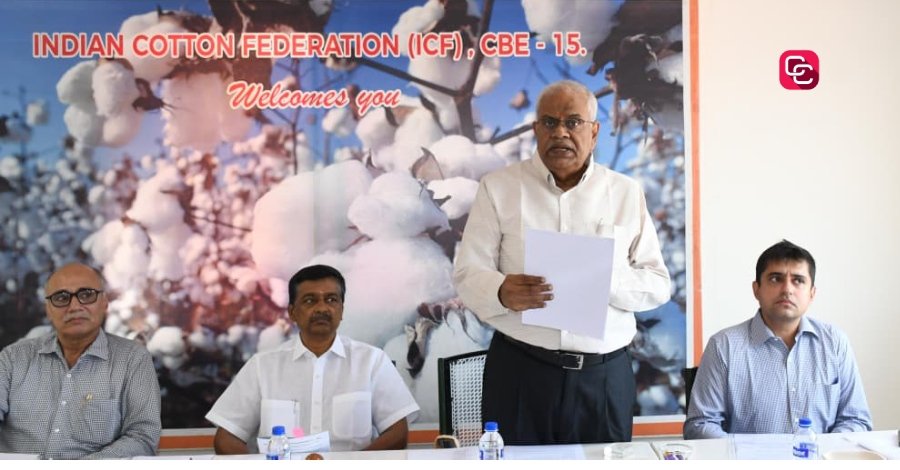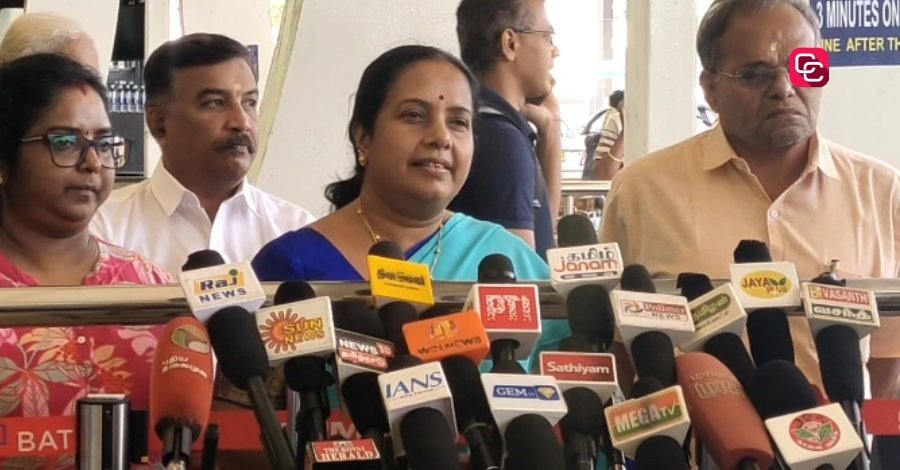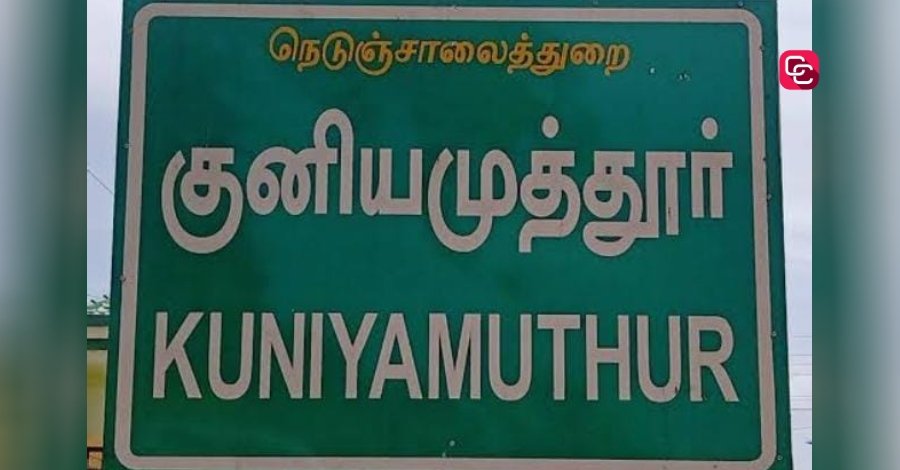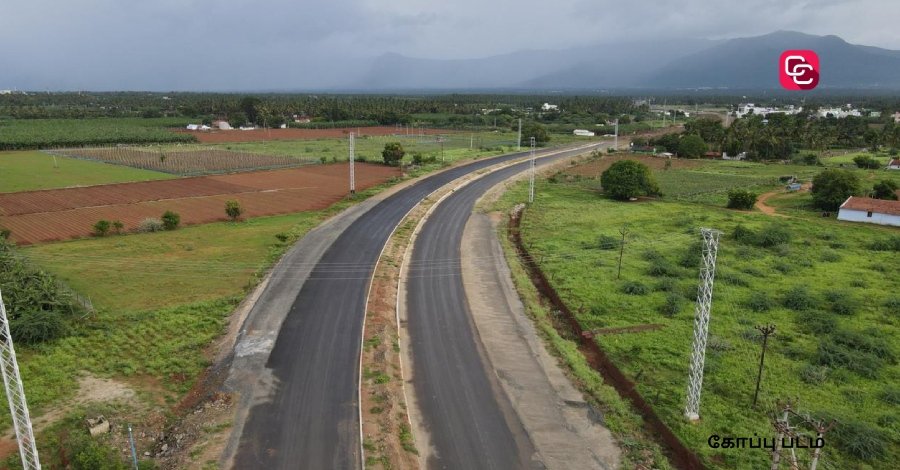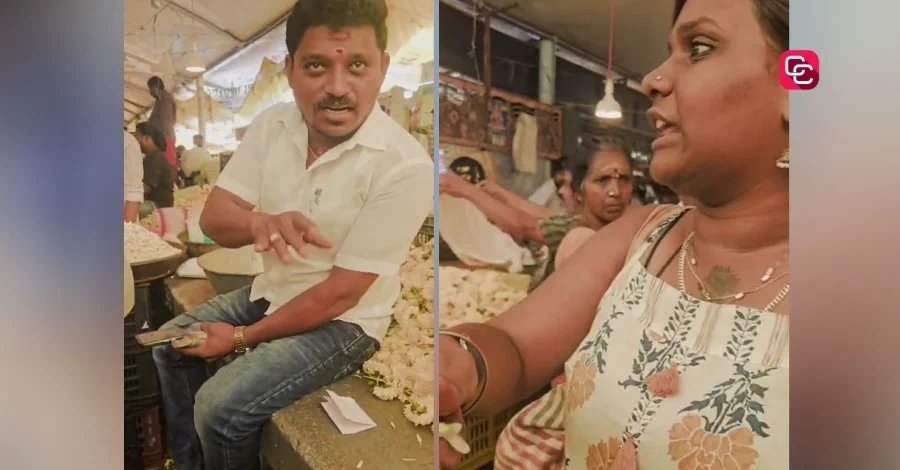Yield of 500 lakh bales will become possible for India with upcoming govt-backed Rs.2500 crore cotton research - ICF
- by David
- Sep 28,2025
The Indian Cotton Federation (ICF), formerly called as the South India Cotton Association held its 46th Annual General Meeting on Sunday (29.9.25) at GKS Cotton Chambers.
J.Thulasidharan was re-elected as the federation's President. P.Nataraj and Aditya Krishna Pathy were re-elected as Vice Presidents, Nishant Asher is the Honorary Secretary and Chetan Joshi is the Honorary Joint Secretary for 2025-26.
During the AGM, J.Thulasidharan said that across the world, there is a movement building towards natural, sustainable fibres. Consumers and brands alike are rethinking synthetics and demanding eco-friendly alternatives. This is a moment tailor-made for cotton, and our association will fully pursue this trend-working to position Indian cotton as the fibre of choice in a planet-conscious era.
Sharing the forecast for cotton production in India for the period 2025-26, the President of ICF said that the area for this period is about 12 million hectare and with favourable climatic condition we have estimated a crop of 320-325 lakh bales.
During his interaction with the press and media, he said that allocation of funds for cotton research was very less in the last 10 years. While the government gave priority to food crops earlier, now it is going to allot Rs.2,500 crore for cotton research, and there is a very good potential for India to double its cotton yield. With great research, technology and implementation, a yield of 500 lakh bales is not a big thing for India in future he remarked.
When asked about India's yield per hectare now, he said that it is at 450 kg. The world's average is 700 - 800 kg/hectare. Countries like Brazil and China do more than 1000 kg/hectare. India with its upcoming research initiative will see good results in 2-3 years and may even become a cotton surplus country in 5-6 years.
P.Nataraj, Vice President, ICF in his address acknowledged that the global competition, tariff barriers and the rise of synthetics are real challenges, but at the same time a worldwide shift towards sustainability, natural fibres and traceability has opened up immense opportunities. This is where India must lead.
He added that with its vast cotton production, strong spinning sector and integrated textile value chain, India is uniquely placed to strengthen its role in global supply chains. Today the world is looking for reliable, sustainable and responsible sourcing partners. If we continue to improve quality, enhance efficiency and align with global sustainability standards, India cotton and textiles can become the preferred choice for International buyer.
Nishant Asher, Hon.Secretary of ICF said that going forward, the federation will aim to strengthen government interaction, expand its direct engagement with policymakers to ensure Indian Cotton gets the support it deserves.



